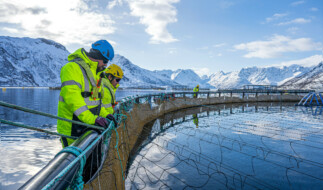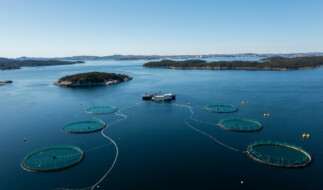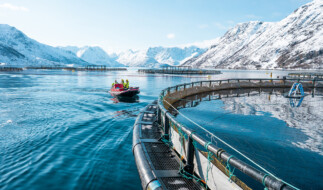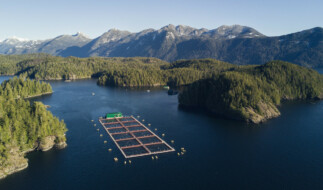NEW YEAR, NEW DIETARY GUIDELINES: NUTRITION EXPERTS RECOMMEND FARMED SALMON FOR HEALTHY AND SUSTAINABLE DIETS
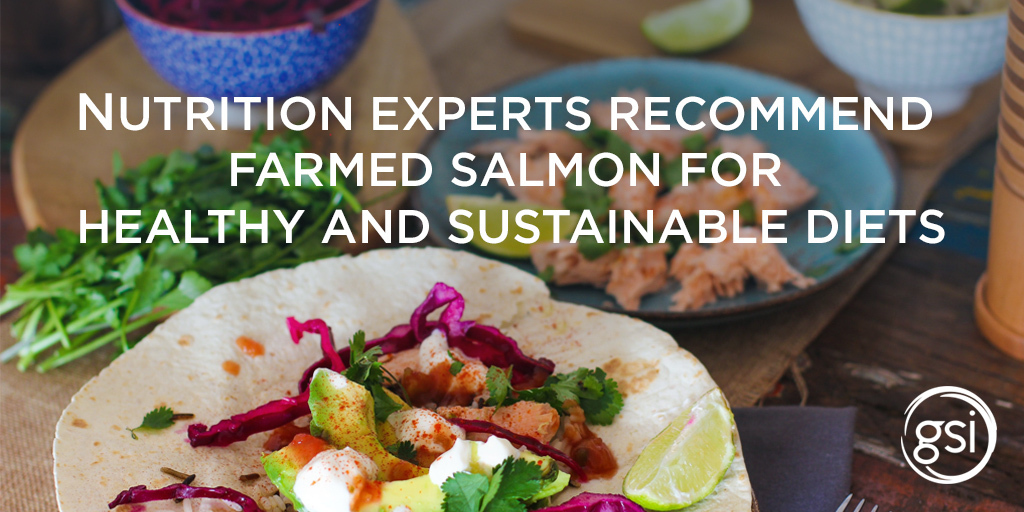
Countries around the world are greeting the new year with new food-based dietary guidelines (FBDG). In late December 2020, the United States (US) launched its 2020 – 2025 Dietary Guidelines for Americans (DGA), followed by Denmark’s “Official Dietary Guidelines – Good for Health and Climate” earlier this month. Though these countries may be divided by the ocean, what they have in common is recognizing how nutritious food from the ocean can be. Both countries recommend enjoying seafood as part of a healthy diet – and in Denmark, the guidelines recognize farmed salmon as part of a sustainable diet.
Why Do FBDG Matter?
FBDG outline a country’s official recommendation on what comprises a healthy diet. Not only do FBDG recommendations help steer a country’s population towards more nutritious choices, but they also inform national nutrition education campaigns, food policies, social welfare programs and more. Nearly 100 countries have FBDG, and several countries – like the US – update them regularly to reflect current nutrition science. Increasingly, many countries – like Denmark – are also considering both the nutritional and the environmental impacts of their recommended diets.
You’re probably wondering, where does farmed salmon fit in all this? Let’s take a closer look at the latest seafood guidance from the US and Denmark.
Make Every Bite Count with the Dietary Guidelines for Americans 2020 – 2025
Each country updates its FBDG differently. In the US, new guidance is issued every five years. The 2020 version is the first time the DGA provided nutrition recommendations by life stage. Starting with infants through to older adults, the guidance includes ways to build a healthy eating pattern at each life stage to address specific needs.
Speaking of needs, did you know over 90% of Americans don’t get enough seafood in their diet?
You read that correctly, only 10% of Americans eat the recommended amount of seafood – two servings – each week. So, what exactly are the vast majority of Americans missing out on? A nutrient-dense and delicious whole food!
Seafood is encouraged as a primary protein choice throughout all life stages – infants and toddlers, pregnant and lactating women, children, adolescents and adults. The guidelines recommend choosing seafood from the Food and Drug Administration and Environmental Protection Agency’s “Best Choices” list, which includes salmon.
The DGA highlights that salmon provides healthy fats EPA and DHA (omega-3s), calcium (if you eat canned salmon with bones) and vitamin D, which is hard to come by in food and vitally important, especially in these dark winter months. Plus, while there are concerns over mercury content especially for pregnant women, the DGA confirms salmon is a low source of mercury, and in fact supports optimal brain development in children. In short, salmon is a nutrient powerhouse.
If you’re interested in following DGA recommendations, but don’t have the time to digest a 160+ page policy document, check out MyPlate. Here, you’ll find bite-sized recommendations on how to make every bite count. In the meantime, we couldn’t resist including a MyPlate blurb about our favorite protein.
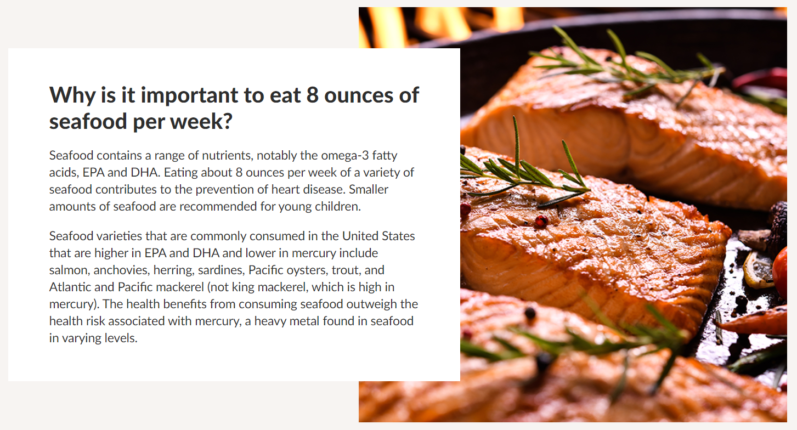
Denmark’s Official Dietary Guidelines – Good for Health and Climate
Compared to its last edition from 2013, Denmark’s new FBDG places much more emphasis on environmental sustainability. Nutrition and climate considerations are woven into each of the seven core guidelines, one of which is “Eat less meat – choose legumes and fish!”
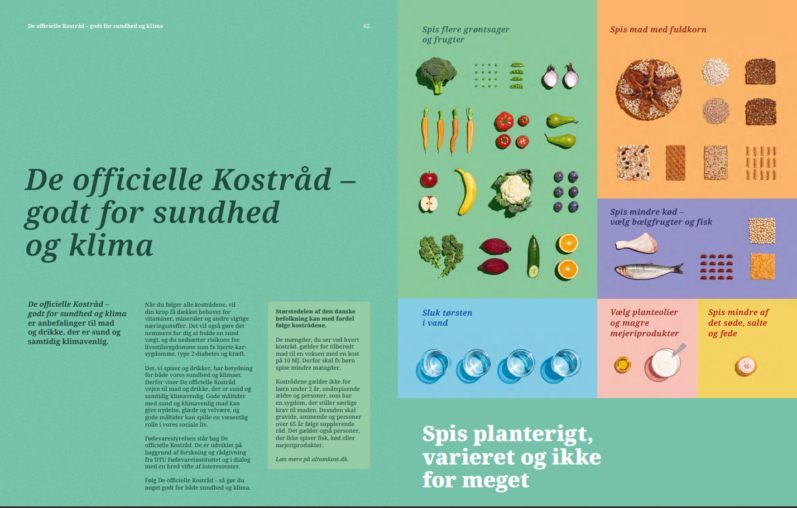
Denmark recommends enjoying farmed or wild seafood every week as part of a healthy and sustainable diet. Like the US, Denmark regards seafood as beneficial for health because of the bounty of nutrients, like omega-3s, vitamin D, iodine and selenium, it provides.
Alongside nutrition, Denmark takes its FBDG one step further by also accounting for the climate impact of different foods. Denmark also recommends choosing eco-friendly sources of fish, including those with the Aquaculture Stewardship Council (ASC) label.
The ASC certification is the most rigorous of farmed seafood labels, and by choosing ASC-certified products you can feel confident you are choosing fish farmed to the highest social and environmental standards. GSI members are committed to using the ASC certification to help support healthier, more sustainable oceans and diets with responsibly farmed salmon. It’s our goal to have 100% certification across all GSI production and we’re proud to see ASC’s inclusion in national FBDG.
Good for You and the Planet!
These FBDG updates reinforce that farmed salmon is a nutritious and sustainable choice at all ages and stages, and will not only keep you healthy, but support a healthier planet too. Be sure to keep an eye out for ASC-certified seafood like responsibly farmed salmon, and don’t forget to include seafood in your meals at least two times each week!
